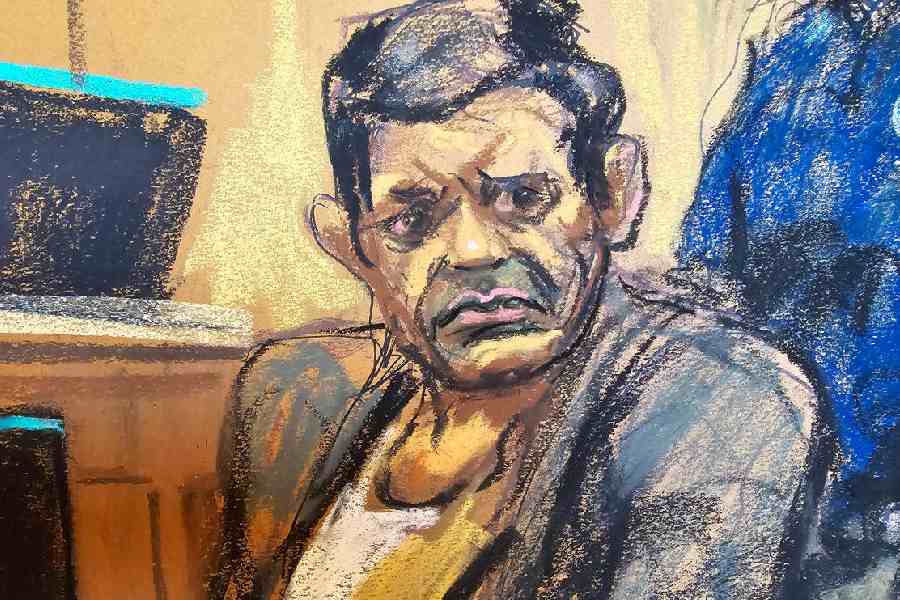Presidency University has rolled out mobile poster boards called “portable democratic walls” to protect its heritage structure from defacement.
“I want to keep the campus clean. Presidency is a heritage institution and we can’t allow anyone to deface walls in the name of putting up of posters and graffiti. We are not curbing anyone’s democratic right to express an opinion. We are only urging students not to deface the campus,” vice-chancellor Anuradha Lohia said.
Be it the main portico or the historical Baker Building that houses the laboratories, walls scarred by graffiti and posters are a common sight on the College Street campus.
Whitewashing hasn’t helped, with posters and graffiti resurfacing within days of a fresh coat on the walls. The last poster campaign was carried by undergraduate students who didn’t get direct admission to the master’s programme.
The university has rolled out four mobile poster boards made of metal and fitted with wheels so that students who wish to put up posters or write graffiti can do so without defacing the walls.
Vice-chancellor Lohia said 10 such boards would be available to students across the campus.
Sumalya Mukhopadhyay, president of the Independents’ Consolidation-led student union at Presidency, said the mobile boards were meant to keep the portico free of posters and graffiti.
“The vice-chancellor has asked us not to put up posters on the portico. We are okay with that. Elsewhere, there is no restriction,” Sumalya said.
Presidency mentor Swapan Chakravorty, no stranger to defaced walls at his workplace Jadavpur University, said the decision to introduce mobile poster boards should have been taken much earlier.
“How can we allow the walls of a heritage institution, painted with public money, to be defaced with posters and graffiti? I want to know whether these students, if they travel abroad to study, would dare deface the walls of a campus there?”
Chakravorty, professor of English at JU, said other campuses should consider adopting Presidency’s answer to defacement.









